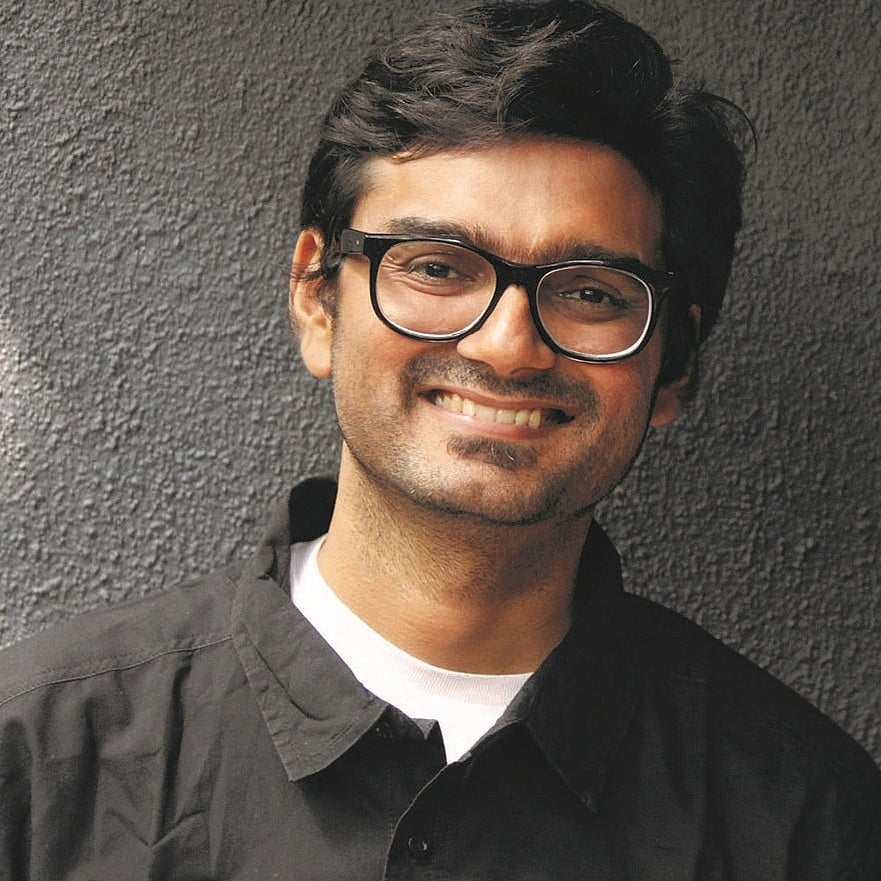It was the best of times, it was the worst of times...
Charles Dickens’ opening lines of The Tale of Two Cities (set just before the French Revolution) could easily be applied to the city’s theatre landscape in the month of March 2020.
At the beginning of the month, never had there been more performers, venues, performances, groups, and even newly written texts present than at any point in our history. Across languages, genres, topics. The diversity on offer was mindboggling. There were lavish spectacles like Aladdin and Mughal-e-Azam and independent off beat experiments like The Dark Room or Sounding Vanya. Performances were happening in every little nook and corner of the city, from restaurants like The Bombay Canteen to co-working spaces like Harkat & WeWork to new exclusive theatre venues like Veda Factory and G5A. But by the end of the month, all of that came to a screeching halt. The very act of performing for a live audience became ‘dangerous’.

The theatre fraternity went through a crisis like no other. Many gave it up and moved to other professions that could sustain them more securely. Many actors left the expensive city and moved back to more affordable locations of their hometowns. And many questioned will theatre survive? Will audiences be back?
But, the theatre, is nothing if not resilient, and two years later, they are all back — the plays, the performers, and the audiences. While not yet in the same numbers as before, there is a slow momentum building that theatre might just recover those glory days of the 2010s.
However, the pandemic has had a huge economic impact on the theatre industry, particularly the independent enterprises. Few venues like Bandra’s lovely Cuckoo Club and Aaram Nagar’s Over Act had to close. Most companies have eaten into their ‘next production nest-egg’ simply to survive. So, the new productions they are planning are smaller and more modest in their vision. The larger players who were funding the lavish spectacles are now taking a slightly more circumspect view of things.
But what does this all mean for the years to come? Well, artistically, it is likely to be a fertile time. As artistes process the two years of the pandemic, I expect numerous interesting stories and productions to be created. Early during lockdown there was a meme that went around saying that Shakespeare wrote four of his strongest plays during the London plague. Yet, none of those plays actually mention that particular time, but when Mercutio curses Romeo with, “A plague on both your houses,” you can imagine the impact of that statement on the Elizabethan audience. I think the new plays will have a similar significance. Who we are has changed drastically in the last two years, and the best new plays will not be ones that are overtly about the pandemic, but the ones where the experience of two years has seeped into the writing.
The lockdowns also exposed us to technologies that were otherwise unavailable. This was most apparent in how some of the younger groups took to adapting performances to the live online medium using software like OBS and Vmix, with almost professional precision. These technologies are bound to find their way onto the stage, since for the first time, live camera work and projections are affordable. Also, the economic crunch will require theatre groups to find new forms of telling their stories. I don’t know what they are, but I can’t wait to sample them.

The last two years have also coincided with a severe clampdown on freedoms — particularly those of expression, artistic or otherwise. Some of the most fertile eras in history have been when artistes have been given less space to speak freely; be it the anti-establishment plays during the Independence movement, or the formation of IPTA, or Safdar Hashmi’s work against exploitative factory owners, or even the great Irish playwrights during their Occupation. Would The Resistible Rise of Arturo Ui have been written without Hitler? Would Brechtian theatre ever have existed without Fascism? The current clampdown on activists and thinkers mirrors so many Central American countries of the 1970s and 80s and is likely to spawn an entire generation of ‘revolutionary’ theatre. At least that’s the hope anyway.
But most importantly, the pandemic, inadvertently, has also brought into sharp focus just how important the theatre is — especially as a tool of healing. Going forward it has a HUGE role to play in human beings trusting one another. This is because it is one of the few experiences in the world where we sit with a bunch of strangers and look at another human being in the flesh with curiosity and generosity.
(Quasar Thakore Padamsee is the Artistic Director of an arts management company, QTP)











